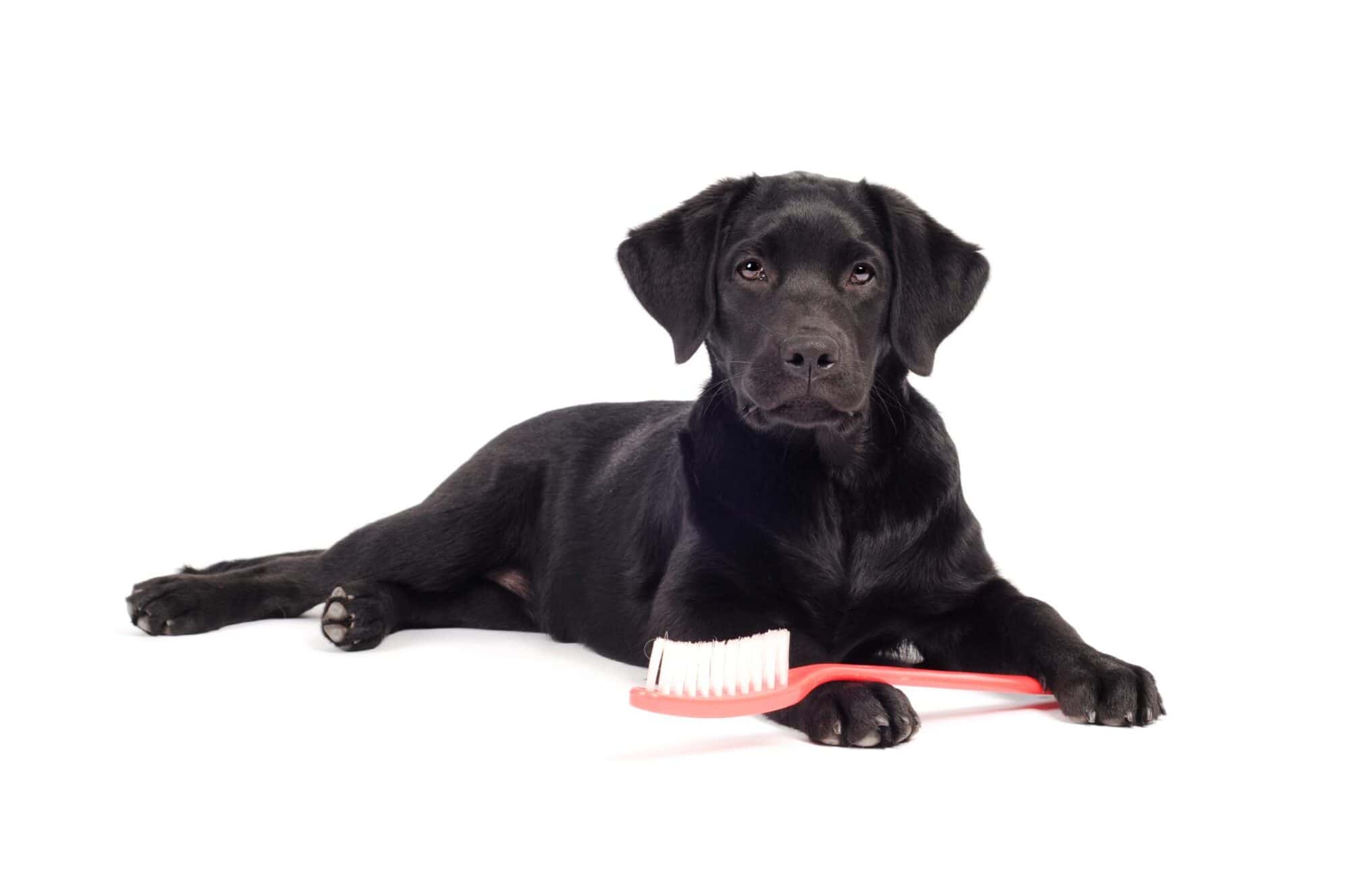Common Dental Problems in Pets

At Bowman Veterinary Hospital, we understand that your pet’s wellness hinges on more than routine check-ups and vaccinations. Dental health is a cornerstone of overall vitality—this is why we emphasize the importance of yearly dental exams for your furry friends.
By the tender age of three, it’s common for pets to show signs of dental disease, which, if ignored, can lead to consequences beyond tooth loss or bad breath. Periodontal disease, for instance, doesn’t just stay confined to the mouth—it can venture into the bloodstream and potentially compromise vital organs like the heart.
Recognizing Dental Distress in Pets
It’s not always obvious when your pet is suffering from dental discomfort, but there are telltale signs that should prompt a visit to our clinic. If you notice your pet has bad breath, loose or broken teeth, swollen or bleeding gums, or shows reluctance to eat, these could all be red flags signaling dental disease.
Comprehensive Dental Exams
During a dental exam at Bowman Veterinary Hospital, our dental technician begins with a detailed digital X-ray. This step is crucial, allowing us to inspect each tooth thoroughly and look for signs of periodontal disease. Then, with a complete picture of your pet’s oral health, we can meticulously clean the teeth and gums to eradicate plaque and tartar build-up—the culprits behind gingivitis and periodontal disease.
Commitment to Safe Dental Procedures
Your pet’s comfort and safety are our priorities. We adhere to the stringent guidelines set forth by the American Animal Hospital Association (AAHA®) and the American Veterinary Medical Association (AVMA®), performing all dental procedures under anesthesia. This approach is the most humane and effective way to provide the dental care your pet needs.
Before we proceed with any dental work, we conduct pre-anesthesia bloodwork to ensure that your pet is fit for the procedure, prioritizing their health every step of the way.
Tackling Common Dental Issues
Dental problems in pets can lead to significant discomfort and systemic health issues. Being proactive about your pet’s dental health can prevent these issues from escalating. Here are some common dental problems you should know about:
- Periodontal Disease in Pets: This is the most prevalent dental concern, where plaque buildup leads to inflammation and can result in tooth loss.
- Pet Cavities: While less common than in humans, pets can develop cavities, which may cause discomfort and lead to tooth decay.
- Gingivitis in Animals: Marked by swollen, inflamed gums, this can be the first stage of periodontal disease if not addressed promptly.
Supplementing Professional Care: At-Home Dental Hygiene for Pets
While professional dental care is crucial, you can take steps at home to keep your furry friend’s teeth healthy:
Brushing Your Pet’s Teeth
Regular brushing is the most effective way to keep your pet’s teeth clean and healthy. Start gradually, allowing your pet to get used to the sensation. Use a pet-specific toothbrush and toothpaste (never human toothpaste, as it can be harmful to pets). Aim to brush their teeth daily or at least several times a week.
Dental Chews and Treats
These products reduce plaque and tartar buildup while satisfying your pet’s natural chewing instincts. Always opt for chews appropriate for your pet’s size and dietary needs.
Dental Toys
Dental toys can also help maintain your pet’s dental health. These toys are made to be chewed and gnawed on, helping to scrape plaque off your pet’s teeth. Make sure the toys are durable and safe for your pet.
Incorporating these practices into your pet’s daily routine can significantly contribute to their overall dental health.
Preventing and Addressing Pet Dental Issues
The veterinarians and support staff at Bowman Veterinary Hospital are dedicated to providing your pet with the best dental care available. Contact us to schedule an appointment or to get more information on how you can keep your pet’s smile healthy.


